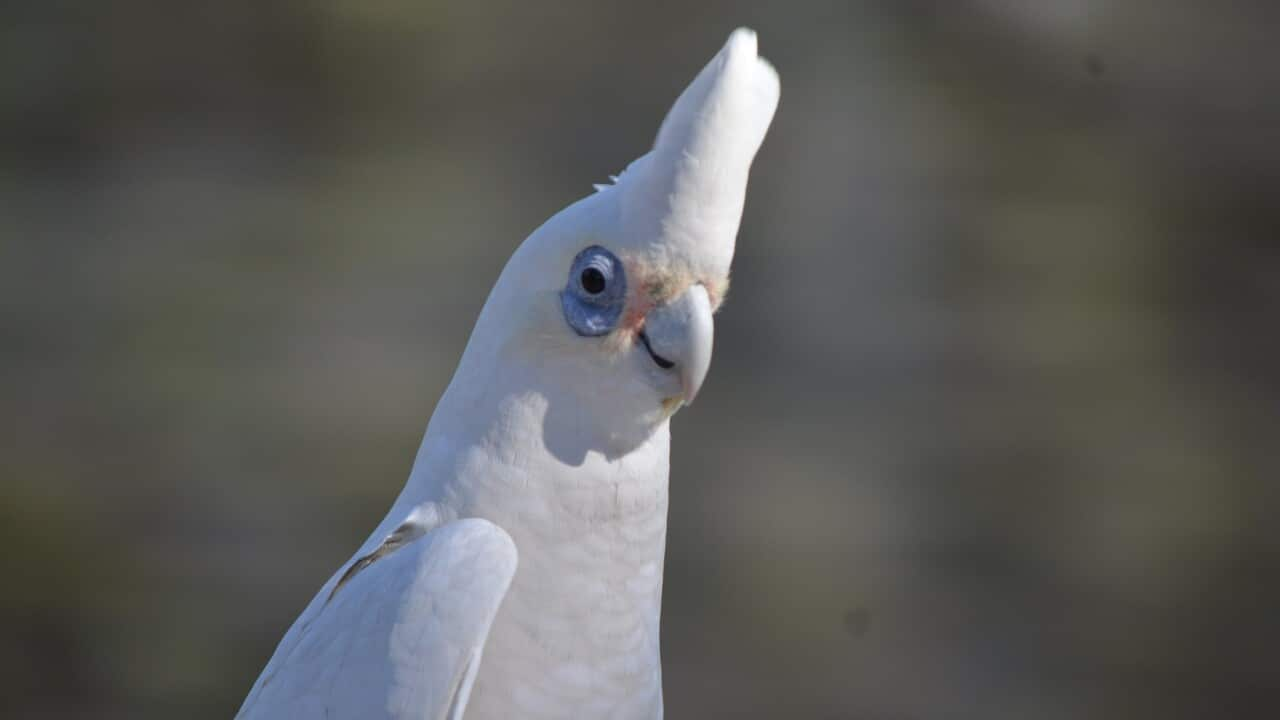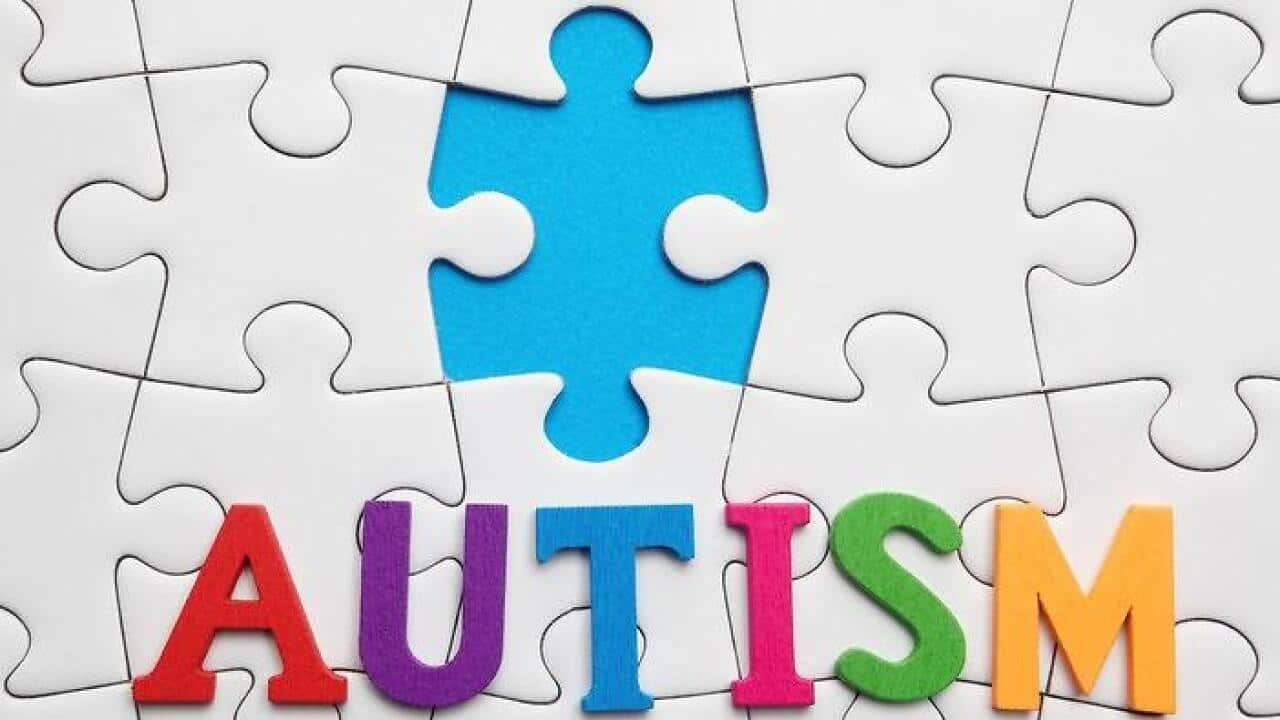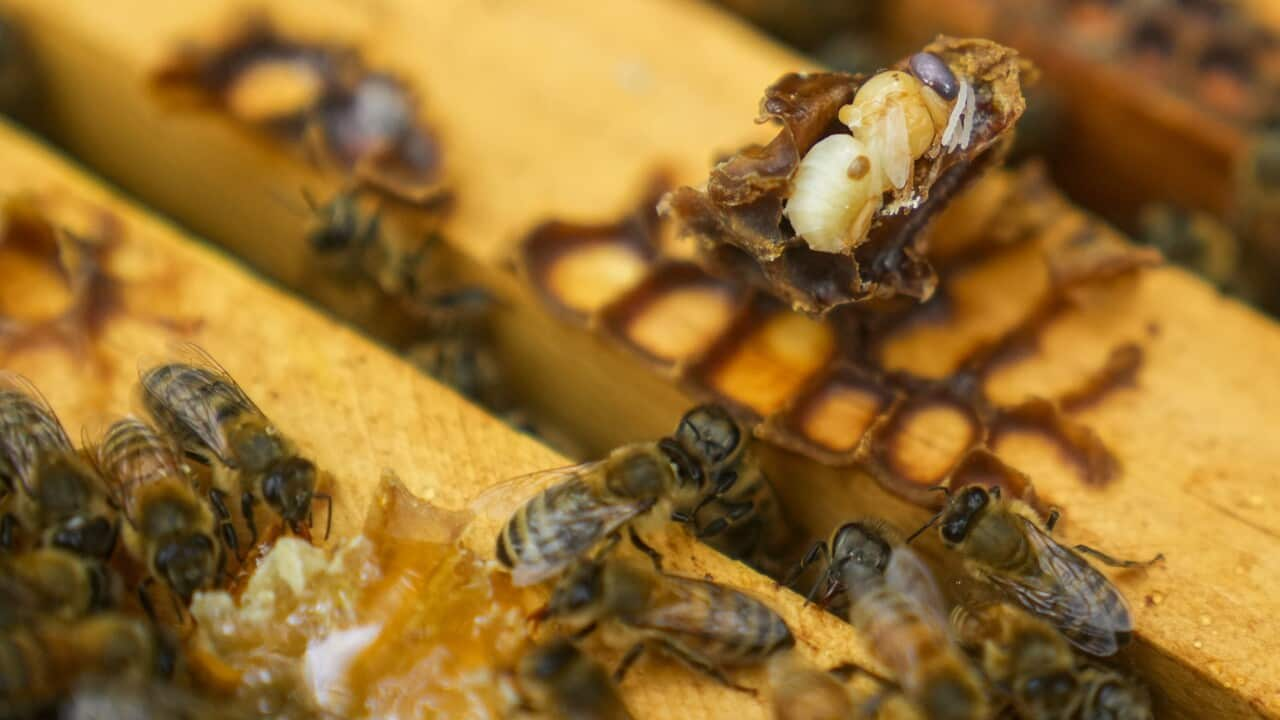Italian
COCKATOO ATMOS 1
È ora di cena per un cacatua ciuffo-giallo.
Normalmente il fatto che il suo cibo sia stato lasciato in una pattumiera chiusa gli avrebbe causato problemi.
Ma per questo cacatua un bidone chiuso non è un problema insormontabile.
Afferra il coperchio e con destrezza lo ribalta, aprendosi il passaggio per procurarsi il suo prossimo pasto.
Gli scienziati del Max Planck Institute of Animal Behavior sono affascinati da questo comportamento e lo stanno studiando come un fenomeno naturale.
La dottoressa Lucy Aplin, una delle autrici responsabili dello studio, ha dichiarato che questo comportamento è come una specie di innovazione.
"The behaviour that we studied in the urban population of sulfur-crested cockatoos was what we call the 'bin opening innovation'. It's basically when birds, cockatoos, land on household bins, the same as you see them around the world, and lift them, shuffle along and then flip them over before searching in the bin for usually bread is what they're after."
Gli scienziati si sono serviti dell’aiuto di cittadini privati per mappare questo comportamento.
Hanno inviato un questionario che chiedeva ai residenti di riportare se e quando avessero visto i cacatua saccheggiare i loro bidoni dell’immondizia in questo modo.
I dati mostrano che prima del 2018 il cercare cibo nei bidoni era riportato solo in tre quartieri, ma entro il 2019 si era diffuso in 44 località.
Sembra che gli uccelli si insegnino a vicenda.
Alcuni hanno anche cambiato leggermente il metodo, con tecniche in cambiamento che indicano la presenza di diverse culture tra i cacatua a Sydney.
"This is actually a really complex and physically difficult behaviour for the birds and involves four to five steps that the bird has to go through to open the bin. And we also have observed in an area where we've intensively studied them that a lot of the birds are actually at intermediate stages. They're still in the process of learning this behaviour. So that suggests to us that it takes repeated observations, maybe over months for a bird to fully acquire this."
La ricerca indica che gli uccelli si sono adattati – e indubbiamente stanno prosperando – all’interno dell’urbanizzazione in aumento di Sydney.
Ciò è importante perché se gli scienziati riuscissero a capire il motivo per cui alcune specie si adattano bene alla presenza degli umani, potrebbero poi aiutare quelle che invece fanno fatica.
I cacatua sono degli uccelli molto socievoli e lo studio rivela anche alcuni dei meccanismi interni delle reti delle comunità dei cacatua.
"What we think is happening is that they're observing other birds opening bins then are learning it through repeated observations from their social foraging associates. We don't have any evidence that it's going from parent to offspring. It seems to be what we call horizontal transmission across the same generation."
Analizzando i filmati, i ricercatori hanno realizzato che la maggior parte degli uccelli che apre I bidoni – l’84% - sono maschi, che tendono ad essere più grossi delle femmine.
Gli uccelli che hanno imparato il trucco tendono inoltre ad essere dominanti nelle gerarchie sociali e ad avere molte connessioni sociali, come dimostrato dai loro comportamenti nei parchi ed in altri luoghi.
"We do have evidence, however, that birds that are more socially central in the cockatoo social network acquire the behaviour faster than birds which are more peripheral, which gives us some good evidence that social connections matter."
Aplin ritiene che gli uccelli non avrebbero problemi se i residenti trovassero un modo per fermare i cacatua dall’aprire i bidoni dell’immondizia.
Sono cosi intelligenti e adattabili che la studiosa si è detta sicura siano in grado di trovare un altro modo per sopravvivere nel caso il saccheggio del pattume venga levato dal menù.
English
COCKATOO ATMOS 1
It's dinner time for one sulphur-crested cockatoo.
It would usually be challenged by its food being left in a closed bin.
But for this cockatoo, a closed bin is not an issue he cannot overcome.
It grabs the lid and deftly flips it over, leaving the path clear to forage for its next meal.
Scientists from the Max Planck Institute of Animal Behaviour are fascinated by this behaviour and are studying it as a phenomenon.
Dr. Lucy Aplin, a senior author of the report says this behaviour is an innovation of sorts.
"The behavior that we studied in the urban population of sulfur-crested cockatoos was what we call the 'bin opening innovation'. It's basically when birds, cockatoos, land on household bins, the same as you see them around the world, and lift them, shuffle along and then flip them over before searching in the bin for usually bread is what they're after. "
The scientists used 'citizen science' to map this behaviour.
They sent out surveys asking residents to report if and when they had seen cockatoos looting their bins in this way.
The data showed that before 2018, bin foraging was reported in only three suburbs, but by 2019, however, it had spread to 44 locations.
The birds appear to be teaching each other.
Some have even slightly changed the method, with the varying techniques indicating several different cockatoo cultures within Sydney.
"This is actually a really complex and physically difficult behaviour for the birds and involves four to five steps that the bird has to go through to open the bin. And we also have observed in an area where we've intensively studied them that a lot of the birds are actually at intermediate stages. They're still in the process of learning this behaviour. So that suggests to us that it takes repeated observations, maybe over months for a bird to fully acquire this."
The research indicates that the birds have adapted - and indeed are flourishing - amid Sydney's increased urbanisation.
That's important because if scientists can work out why some species can adjust well to the presence of humans, they might be able to help those that struggle.
Cockatoos are very sociable birds, the study also revealing some of the inner workings of cockatoo community networks.
"What we think is happening is that they're observing other birds opening bins then are learning it through repeated observations from their social foraging associates. We don't have any evidence that it's going from parent to offspring. It seems to be what we call horizontal transmission across the same generation."
Analyzing the footage, the researchers realized that the majority of birds opening bins - 84 per cent - were males, which tend to be larger than females.
The birds who've mastered the trick also tended to be dominant in social hierarchies and to have a lot of social connections, as shown by their behaviour in the park and elsewhere.
"We do have evidence, however, that birds that are more socially central in the cockatoo social network acquire the behaviour faster than birds which are more peripheral, which gives us some good evidence that social connections matter."
Ms Aplin thinks that if residents find a way to stop cockatoos opening their bins, the birds will be absolutely fine.
They are so intelligent and adaptable, she's confident the cockatoos will find another way to survive if garbage looting is taken off the menu.
Report by Essam Al-Ghalib




